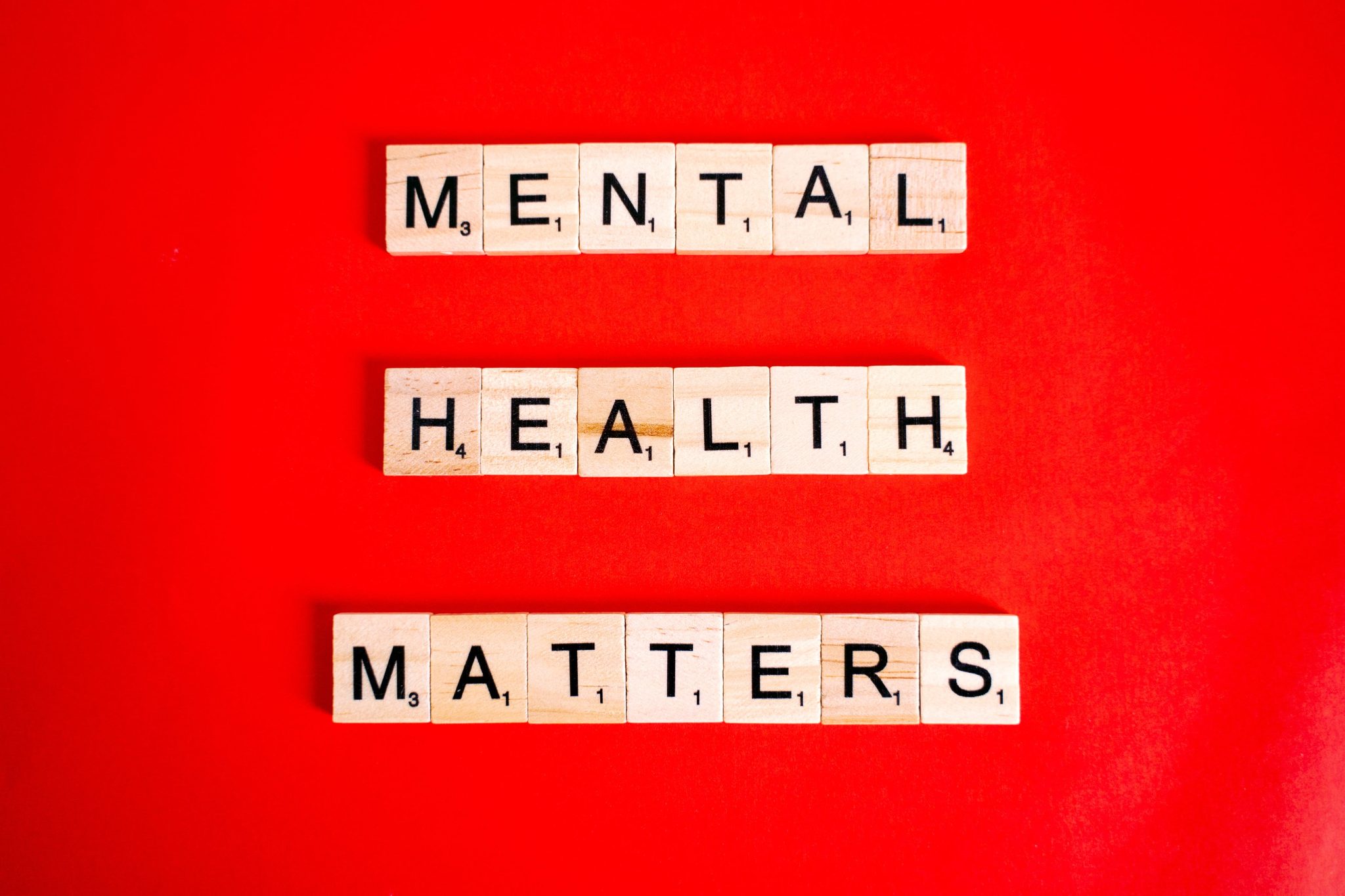The golden years can be filled with joy and contentment. Still, they can also bring unique challenges that affect senior mental health. The journey includes navigating the waters of aging and mental health, where maintaining well-being becomes paramount. It is essential to recognize that seniors require as much emotional support as any other age group, possibly even more, due to the increased risk of isolation and cognitive changes. Implementing mental health strategies for seniors is a compassionate step towards enriching their lives with understanding, care, and sincerity.
As we aim to shed light on these pivotal topics, let’s explore actionable strategies to fortify the mental well-being of our elderly community members. Our focus will be on enhancing lifestyle choices that contribute significantly to their emotional resilience and overall happiness.
Understanding the Landscape of Senior Mental Health
The complexities of senior mental health are multifaceted, warranting a closer look into the prevalence and impact of mental health issues as well as challenging dated misconceptions about aging and psychological well-being.
Prevalence of Mental Health Issues in Seniors
Senior mental health prevalence is a growing concern, with statistics indicating that about 20% of the elderly population grapples with mental health challenges. Mood disorders, alongside cognitive impairments, top the list of common conditions affecting our aging population. This significant prevalence calls for an informed and sensitive approach to mental health care tailored to the unique needs of seniors.
The Impact of Social Isolation on Emotional Well-being
One cannot overlook the profound effect of social isolation on seniors’ emotional well-being. Studies by institutions like the CDC have linked social isolation to a higher risk of mental health issues and the onset of chronic physical ailments. The need for a supportive social network is undeniable for preserving the psychological and physical health of seniors, emphasizing the need to combat loneliness actively in this demographic.
Debunking the Myth: Aging and Mental Health
Contrary to perpetuated mental health aging myths, depression and mental illness should not be accepted as an inevitable part of aging. Shattering these myths is essential in fostering proactive mental health management for seniors. Aging does not equate to an unavoidable decline in mental faculties. With the right interventions and support, seniors can continue to lead mentally enriching lives.
Practical Activities to Enhance Cognitive Function
Supporting cognitive health in our senior years is critical to overall well-being. Engaging in certain activities has been proven to invigorate the mind and can be especially beneficial for maintaining cognitive function. Let’s delve into some enriching pastimes to help keep the brain sharp, promoting mental agility and emotional satisfaction.
Interactive Brain Games and Their Benefits
Brain games are more than just entertainment; they are crucial cognitive function activities that offer significant brain game benefits. Harvard Health Publishing points to puzzles, quizzes, and strategy games as effective tools for enhancing mental faculties such as memory and problem-solving. Here are a few ways they contribute to cognitive health:
- Improving processing speed with pattern recognition challenges.
- Boosting memory retention through matching games and memory tests.
- Enhancing decision-making abilities by requiring quick, strategic thinking.
The Therapeutic Power of Reading and Writing
Beyond the joy of a good story, therapeutic reading and writing have been shown to calm the mind and offer reprieve from daily stressors. Engaging with literature and expressing oneself through writing can:
- Reduce stress levels by providing escapism from every day worries.
- Improve sleep quality through the relaxing effect of reading before bedtime.
- Manage anxiety by journaling thoughts and feelings, creating a sense of control and clarity.
New Skills: Language Learning and Musical Instruments
Learning a new skill is never too late, which is excellent news for our cognitive health. Language learning presents a complex challenge that can improve cognitive functions, with benefits multiplying when practicing with others. Similarly, playing instruments offers a symphony of advantages:
- Bolstering verbal fluency and auditory skills through music lessons and practice.
- Improving processing speed and reaction times by learning to read music and translate it into hand movements.
- Enriching emotional expression, which in turn promotes mental and emotional well-being.
Activities such as these foster mental understanding and provide a profound sense of accomplishment and joy, illustrating that the pursuit of cognitive well-being can be both enjoyable and rewarding.
Nurturing Mental Health through Physical Wellness
The interconnection between physical wellness and mental health is especially significant in the lives of seniors. The health benefits of physical activity extend beyond the physical realm, as regular engagement in specifically tailored exercises can profoundly impact mental and emotional well-being. Emphasizing the essential nature of low-impact exercises tailored to senior wellness can lead to a holistic improvement in quality of life.
- Yoga: A serene path to enhancing flexibility and balance, proven to alleviate symptoms of stress and anxiety.
- Stretching: A simple yet powerful routine to maintain mobility and reduce muscle tension, contributing to a calmer state of mind.
- Strength Training: Builds muscle, strengthens bones, and boosts confidence by enabling seniors to maintain independence in daily activities.
Respected sources such as the CDC recognize that these low-impact exercises are not merely about keeping fit; they are a cornerstone of exercise mental health strategies for the elderly. Through consistent physical engagement, seniors can experience a reduction in health issues related to aging and a notable improvement in their mental acuity and emotional stability.
Maintaining Social Connections and Emotional Support
The golden years should be rich with warmth and companionship. For seniors, weaving a network of social connections and seeking emotional support can significantly uplift their mental well-being. As we enter the digital age, the fusion of technology and traditional community engagements offers a robust framework for enriching senior lives with lasting friendships and support systems.
Modern Technology as a Bridge to Loved Ones
Connectivity is at the heart of overcoming the challenges of distance and isolation. Technology for seniors bridges the gap, fostering rich social connections through platforms like FaceTime, Zoom, and Skype. These applications are pivotal in enabling seniors to participate actively in family occasions, share moments with friends, or chat that brightens their day, thus bolstering the emotional support seniors require for a fulfilling life.
The Role of Community in Senior Living
In addition to offering a supportive environment, senior communities are crucial in facilitating access to healthcare and wellness resources. These communities often provide educational workshops on nutrition, fitness, mental health, and on-site services such as counseling and physical therapy. This integrated approach ensures seniors have the tools and knowledge to manage their health proactively. Furthermore, community living fosters a sense of belonging and purpose, as residents can participate in volunteer opportunities or mentorship programs, enriching their lives and those around them. Through these varied interactions and activities, senior communities reinforce the vital concept that aging can be a vibrant and engaging phase of life, filled with opportunities for personal growth and social engagement.
Finding New Friends and Renewing Old Bonds
Life’s journey doesn’t halt as we age; it offers continuous opportunities for personal growth and relationship building. Encouraging seniors to pursue their interests, such as gardening, arts and crafts, or exploring new hobbies, can lead to formative experiences where new friendships blossom. Moreover, these experiences can reignite old connections, proving that every moment is an opportunity to renew bonds and create meaningful interactions that contribute to a mentally and emotionally vibrant life.
Conclusion
The journey towards enhancing seniors’ mental health is all-encompassing, navigating through the crucial incorporation of support strategies designed to elevate everyday life. A blend of consistent social interactions, participation in mentally healthy activities, and embracing technology advancements form a resilient foundation for senior care. By nurturing physical health through purposeful activity, we build upon the resilience and joy of our older adults.
Total life recognizes the uniqueness of every senior and offers personalized care plans that cater to their specific needs. Our mission is to empower seniors with the skills, resources, and support they need for a fulfilling life. Let’s journey together towards mental wellness for all ages. Visit them today at Total Life.com or call 1 800 567 5433.









